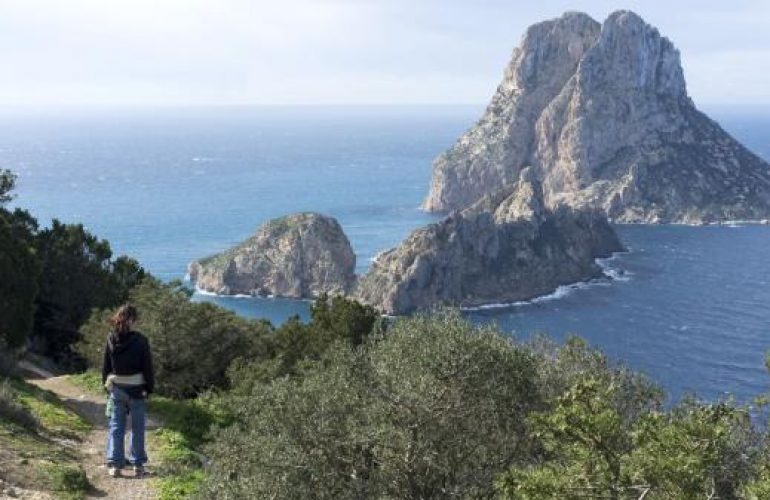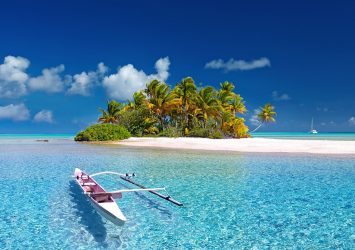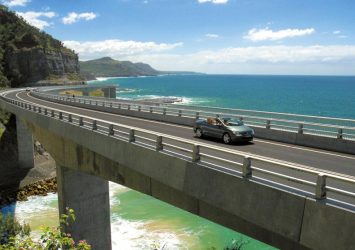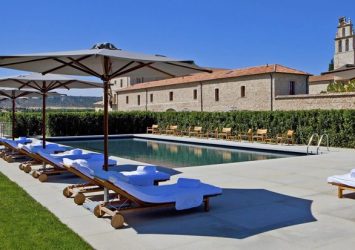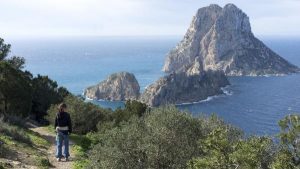 A new type of tourism is slowly taking off in the hedonistic clubbers’ paradise, and it has its roots in sustainability and respect for the island’s land and local produce, writes Manchán Magan
A new type of tourism is slowly taking off in the hedonistic clubbers’ paradise, and it has its roots in sustainability and respect for the island’s land and local produce, writes Manchán Magan
You wouldn’t judge Ireland as a travel destination on the basis of its ugliest industrial estate. By the same token, boat rentals in Ibiza should never be presented solely in terms of its eardrum-assaulting dance abattoirs. Inarguably, Ibiza, which has a full-time population a little larger than Cork city, has mastered the art of partying, but beyond its dens of fluorescent iniquity there is much more. The vast majority of this small island off the coast of Spain is a lush realm of walnut, carob and fig trees on terraced hillsides that stretches up to a pine-clad wilderness and looks down on to a craggy shoreline of hidden coves.

Club culture has undoubtedly been lucrative for the Balearic isle, but Ibizans made their hopes for future tourism clear last year when nearly 25,000 citizens — almost a quarter of the population — signed a petition to stop MTV filming a spin-off of its Jersey Shore reality series there. Local business associations urged people not to collaborate with the production so that the company was forced to cancel the show.
While still a Mecca for nightlife, the island is undergoing a turn from ketamine-fuelled debauchery towards the ecological, offering fine “agritourism” guesthouses, eco-retreats, organic wine and olive producers, and farm-to-table restaurants — picture hip, boho northern California in the middle of the Mediterranean. The move is less a complete change and more a return to Ibiza’s green roots: bohemian artists and hippies pioneered such ideas in the 1960s and 1970s before the techno beat kicked in and drowned them out.

This swing back to sustainability was sparked by a spate of ferocious forest fires in 2011, which ripped through the dense undergrowth that had been left unfarmed for decades, burning many homes and threatening others. Turning to their water sources, Ibizans realised how low their aquifers had fallen, wasted on pools, showers and needless irrigation for tourism. France and mainland Spain sent water-planes to douse the flames, but warned they would be reluctant to come again unless islanders began maintaining their land. Locals were forced to begin cultivating their ancestral farms and, while doing so, uncovered a wealth of fruit and nut trees that had been choked for years.

As a result, many restaurants, hotels, guesthouses and farm shops are now leading the island’s baby steps towards a more environmentally-friendly form of tourism. Some of the Ibizan hotels classed as agriturismo — tourist ventures on farms — are actually swanky retreats with manicured grounds and chemically-treated swimming pools rather than true working farms: the
most high-profile of these is Atzaro, a multimillion dollar “rustic-chic” resort, spa and music venue with a vague tint of eco-branding.


